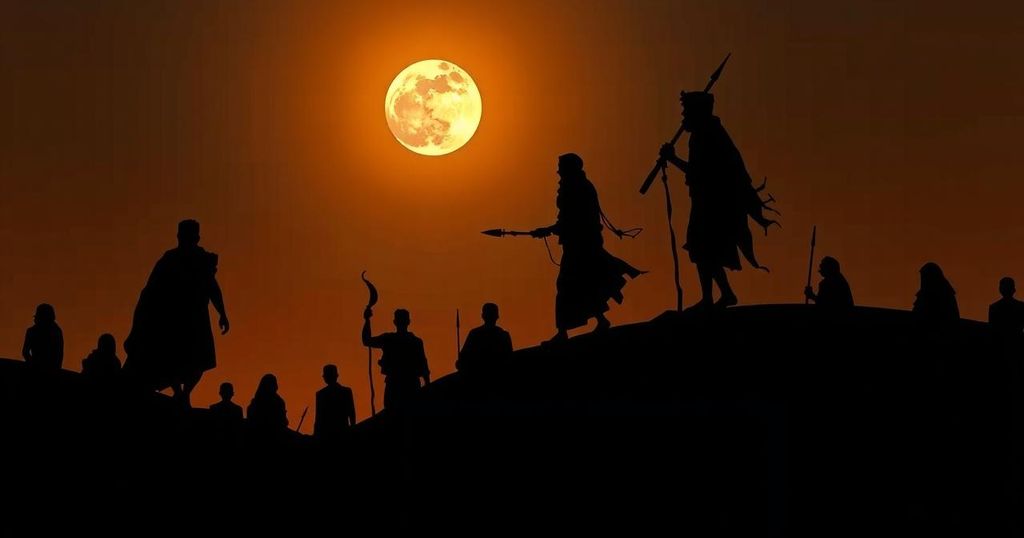Is Libya Heading Towards Another Civil War?
The situation in Libya has become increasingly tense in recent days, with mounting concerns that the country may be on the brink of a new civil war. International bodies, including the United Nations Support Mission in Libya and the Delegation of the European Union to Libya, have expressed apprehensions about the recent mobilization of forces in various parts of the country.
The longstanding divide between the rival administrations in eastern and western Libya has been a persistent issue, with numerous attempts to gain control from one another over the years. The recent large-scale mobilization of militias affiliated with one of the rival administrations has sparked fears of impending violence.
Forces affiliated with the eastern administration, led by former warlord-turned-politician Khalifa Haftar, have reportedly been moving towards Tripoli, the capital of the western administration. Haftar’s stated reasons for the mobilization include securing Libya’s borders, combating drug and human trafficking, and fighting terrorism. However, military analysts have raised suspicions about the true motives behind the troop movements, suggesting that it may be a strategic play to gain territorial advantage and block access for the rival administration.
The potential for escalated conflict has prompted a response from militias supporting the western administration, leading to increased combat readiness in the region. This has raised concerns about the likelihood of another civil war in Libya, especially in the wake of recent clashes between rival militias that resulted in casualties.
While the situation appears to have calmed in recent days, experts warn that the underlying tensions and rivalries in Libya continue to pose a significant threat. Emadeddin Badi, a nonresident senior fellow at the Atlantic Council, believes that the various actors in Libya are engaging in a dangerous game of brinkmanship, with each side vying for dominance without regard for the stability of the country as a whole.
The involvement of foreign powers in supporting the rival administrations has further complicated the situation. The government in the west has received backing from Turkey, while the eastern administration is supported by Egypt, the United Arab Emirates, and Russia. Despite calls for foreign interferences to withdraw from the country, some experts believe that their presence may be the only factor preventing an outbreak of full-scale conflict in Libya, as there is currently a delicate balance of forces between the international backers.
Efforts to unite the country and its rival administrations have so far been fruitless, with the international community struggling to find a viable solution to the ongoing crisis. The acceptance of the status quo, where two separate governments are supported by increasingly powerful militias, is no longer seen as a sustainable approach. The impunity afforded to these militias and factions, driven by the lack of international intervention, has only served to embolden them further, leading to a state of lawlessness that threatens the stability of the entire region.
As tensions continue to escalate and the risk of a new civil war looms over Libya, it becomes increasingly clear that a coordinated and decisive international effort is needed to address the root causes of the conflict and facilitate a sustainable path towards peace and stability in the country. The current policy of containment and complacency is no longer viable, and urgent action is required to prevent Libya from descending into further chaos and instability.








Post Comment